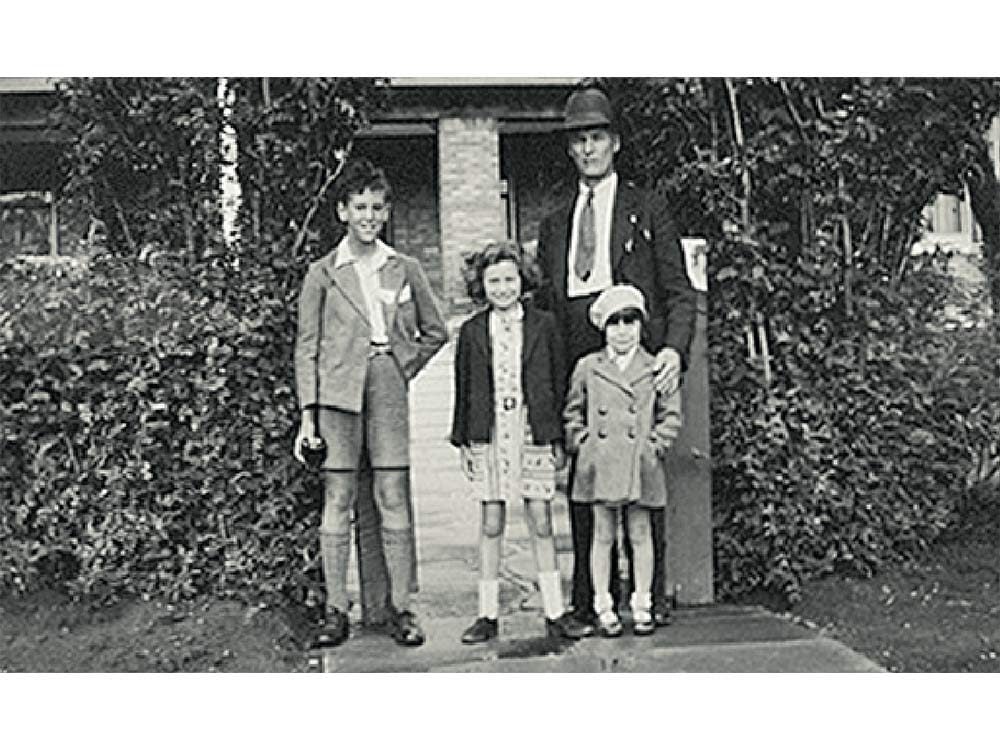This Canadian Woman Was Evacuated from London During The Blitz—and Lived to Tell the Tale
As Londoners soldiered on through WWII bombings, many of their children were sent to live in Canada.

Canada: A Safe Haven from The Blitz
In 1937 my parents decided to leave Regina and return to England, taking my two-year-old self with them and settling in London.
Unfortunately, by 1940 Britons were at war. The sound of air raid sirens became common, shelters sprouted at the bottom of the gardens, and blackout curtains and gas masks were mandatory. Families began sending their children to the north of England to escape the bombings and not long after that I became one of a boatload of children crossing the ocean to safety in Canada.
To a five-year-old child, the crossing was rather an adventure. I learned later that I was on the last ship to make the crossing. The next one was torpedoed and went down in the Atlantic; no more evacuees were sent over after that. (One Canadian remembers the sacrifice of soldiers during The Battle of Dieppe.)
Canada was a wonderful place for children who had been living with blackouts and rationing. Although my parents had expected me to go to members of my mother’s family, I was taken instead into the home of an elderly (to me) bank manager and his wife, Edwin and Emma Nelson. They had never had children of their own, but they took care of me with tremendous kindness. I was settled in Kerrobert, Sask., where schoolchildren in particular found me a novelty and my English accent a wonderful source for mimicking.
Meanwhile, my father had enlisted in the RAF and my mother worked in a munitions factory. Letters flew back and forth to keep us in touch. Foster families took great pains to keep the memories of home alive in their young charges. Also, the CBC cooperated with the BBC to broadcast messages from parents to their children overseas.
I still have a game put out by the CBC called Carrying the Tools to Britain. It is dog-eared from constant use as I moved the cardboard pieces representing food supplies, tools, arms and so on across the breadth of Canada to the Atlantic Coast and then to England. Perhaps I thought I was helping to win the war and bring my parents back to me.
It was five years before we were together again. My parents chose to return to Canada. It was only as I grew older that I began to realize the loss of those five years. My parents also never lost a sense of guilt that they had sent me away and missed those growing-up years. Yet they and all the others only did what seemed best at the time.
On Remembrance Day, I think of all those people, like my parents, who soldiered on bravely in the confusion of the bombings, shortages, daily tragedies and separation from those they loved, who kept “a stiff upper lip“ and a smile through it all and then picked up and started all over again without grumbling.
Plus: This Letter From a Canadian Soldier Explains the Sacrifice of Veterans Everywhere



